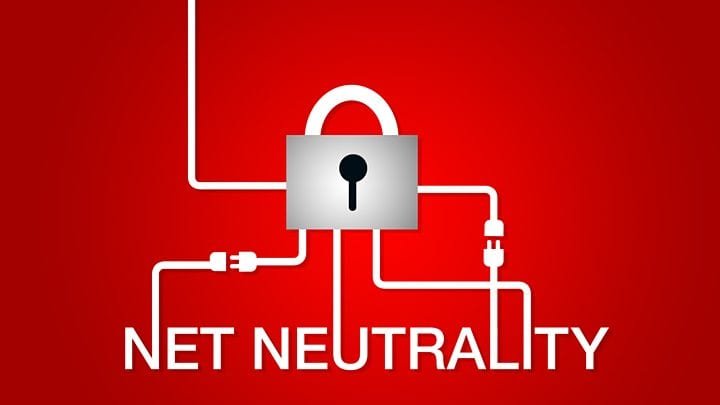Here is how Net neutrality impact Pakistan

US regulators voted on Thursday to move back the so called “net neutrality” rules which required internet providers to treat all traffic similarly, a move rivals say would curb online freedom.
The Federal Communications Commission, in a three-to-two vote, adopted a proposition by Republican-designated executive Ajit Pai, who said his plan would scrap “heavy-handed” ruled embraced in 2015 which he contended demoralized investment and development.
The vote topped a heated debate and is only the most recent in a fight over more than a decade on rules overseeing web access providers in the courts and the FCC. Instantly following the vote, authorities from two states and others pledged to challenge the FCC action in court. Net Neutrality activists have organized protests in urban areas around the US and on the web, in the midst of fears that predominant broadband providers could change how the web functions.
Backers of the Net Neutrality have contended that clear guidelines are expected to keep internet service providers from blocking or throttling administrations or sites for competitive reasons.
A few activists fear internet service providers will try to extract higher charges from services that are heavy data users, as Netflix or other streaming services, with these expenses passed on to customers, yet new businesses without the assets of significant resources would probably feel the agony.
So how does a change in U.S Net Neutrality impact you?
Undoing net neutrality means big changes for how customers access the internet not just in the US but globally as well.
The repercussions for Pakistan are no less than any other developing nation. Local startups in Pakistan that have the potential to become the next Facebook or Google may not be able to reach customers in the US, if an ISP decides to block them or charge them extra. We are talking about limited reach because of a lack of regulatory laws. There is a need to keep in mind that Pakistan has a booming startup culture that needs a free hand rather than regulations.
One of the more worrying scenarios in the post net neutrality arena is the desire for paid prioritization by broadband service providers. Broadband companies will have the legalized advantage to ask IOT service providers to pay hefty amounts to ensure that their content reaches customers without any interference. This would make things harder for the smaller internet service providers and internet startups.
A lack of net neutrality in the U.S will make other countries revise their internet regulation and digital freedom as well. Countries like Pakistan where there is a lack of cyber regulation will be on board to promote internet censorship. Internet will not be a place for freedom of expression anymore and will fall under major corporate control. There are chances for increased prices as well for local internet users-imagine paying for Facebook, Snapchat and Instagram.
Critics of the 2015 Net neutrality rule counter that it depended on utility-style control intended for 1930s phone organizations, not a dynamic internet market. We are yet to see the changes in internet regulation in Pakistan.
Read: Samsung will release Bixby speakers in 2018 first half
Image via bbc
RS News or Research Snipers focuses on technology news with a special focus on mobile technology, tech companies, and the latest trends in the technology industry. RS news has vast experience in covering the latest stories in technology.










